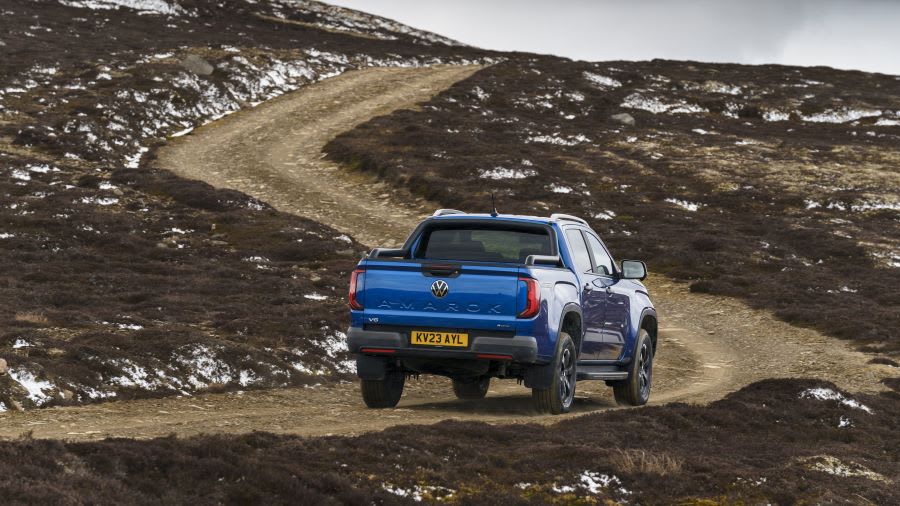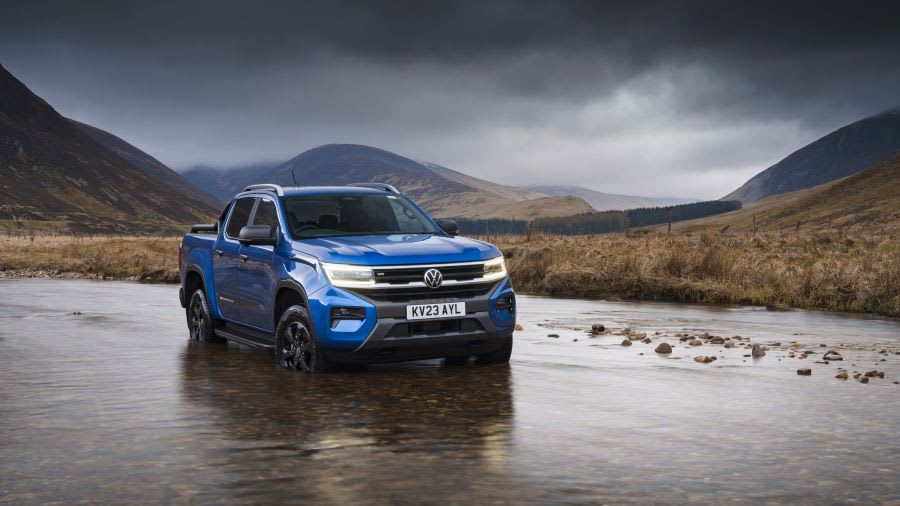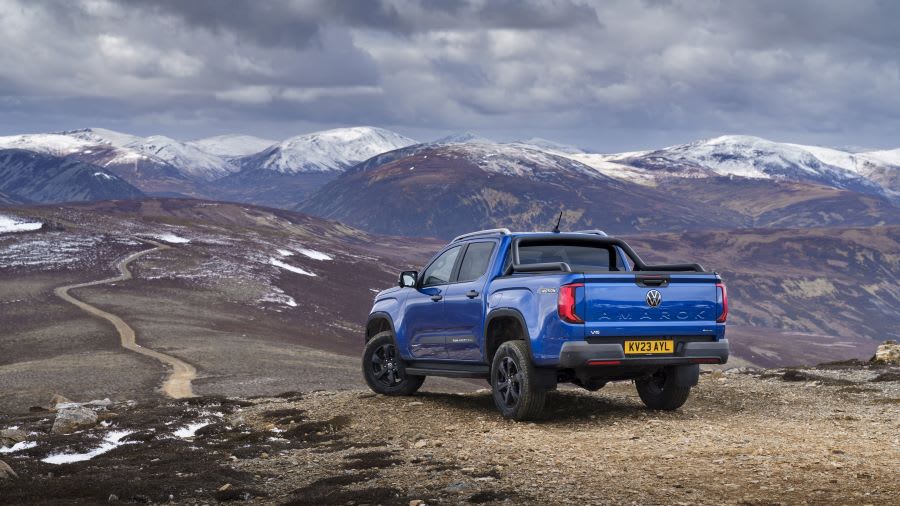Drivers looking to take advantage of the generous company car tax rules for double-cab pick-ups should move quickly, as the HMRC is relabelling the commercial vehicles as passenger cars from 1 July 2024, resulting in a tax hike.

The dual-use nature of double-cab pick-ups means they straddle an area between commercial vehicles and passenger cars. To date, the HMRC has declared that any pickup that can carry a payload of one tonne or more is considered a working truck and attracts desirable tax benefits.
Drivers using one as a company vehicle benefit from a company car tax bill based on a fixed Benefit in Kind rate of £3,960. The result is that a 20% taxpayer will find themselves billed by the taxman at £66 a month for the benefit of having use of a double-cab pick-up, while somebody paying income tax at the 40% rate would need to find £132 a month.
That all changes in July, with the HMRC now considering double-cab pick-ups to be cars, as they don’t have a primarily commercial function.
The change will significantly impact users' tax bills, with a driver using a Ford Ranger Wildtrak 2.0 as a company vehicle left facing a company car tax bill of around £290 a month, rising to around £580 a month for a higher rate taxpayer.

The changes only affect vehicles ordered after 1 July 2024, with owners or lease customers and those with confirmed orders in place benefiting from the current rules until the vehicle is replaced, the lease ends, or 5 April 2028 comes around. At that point, every vehicle will operate under the new tax rules.
Coca-Cola and HMRC were locked in a legal dispute regarding dual-use vehicles, and it’s that case that led to the reclassification. The judge found that a vehicle should be clearly suited to one task or another and that no decision should be based on a narrow margin. In cases where it's not clear if a vehicle is primarily suited for carrying goods or people, it should be classified as a car.
Lady Justice Asplin, who presided over the case, said in her judgement that “it is not enough to slip past the post. 'Primarily' means something more than a suitability which is first in the list by a whisker. It means first and foremost. It cannot encompass very narrow margins. It is also possible for a multi-purpose vehicle to have no primary suitability at all.”

As a double-cab pick-up can’t be said to be primarily a commercial vehicle, with the rear seats being more than an incidental benefit given the availability of single-cab trucks, all are now likely to be classified as cars for tax purposes.
There are no plans to change the vehicle excise duty (or road tax) rates for commercial vehicles, which will remain at £325 a year, with the government's usual incremental rise each year.
This change also only affects those using pick-ups as company cars and won’t affect private buyers, or companies providing genuine pool vehicles, neither of which attract a BIK burden.
And remember that you can still lease a pick-up as a personal contract hire customer. To find out more, read our exclusive guide.
Enjoyed this? Read our latest news
- Kia set to launch electric vans and pick-ups
- Electric vehicle charge points up 45% in 2023
- UK’s swankiest Sprinter?
- Van and pick-up market booming in the UK
- First Ineos Grenadier Quartermaster pickup rolls off production line
Where To Next?
For all the latest reviews, advice and new car deals, sign up to our newsletter.
Looking for a great leasing deal? Check out our incredible range of special offers.
Read our latest reviews and find the right model for you.
Want to know more about leasing? Take a look at our comprehensive leasing guides.
Interested in everything motoring? Why not catch up on all the latest car leasing news.














